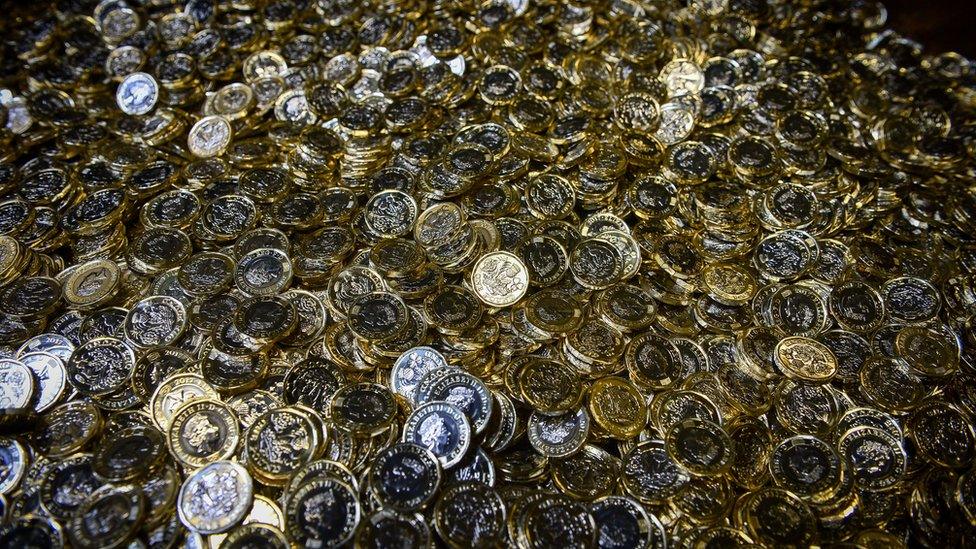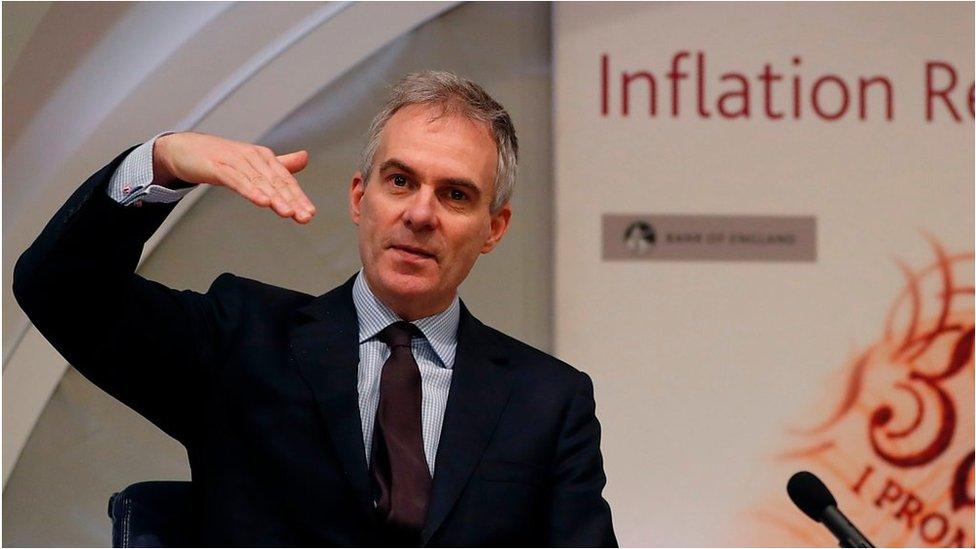Interest rate rise: Why hasn't my savings rate gone up yet?
- Published

When the Bank of England announced the first increase in interest rates for a decade, savers across the country could be forgiven for giving a little cheer.
They've endured years of pathetic rates with returns on most accounts not even beating inflation.
Yet any small pang of joy experienced will have been extinguished as there hasn't been a widespread increase in savings rates.
What's going on? Are banks and building societies ripping us all off?
The simple answer is no, at least not because they haven't immediately passed on Thursday's 0.25% interest rate rise.
Pass it on!
Mark Carney, the Bank of England governor, said he expected all providers to increase returns for savers.
"Banks did pass on the cuts to their depositors, and we expect competition to push it in the other direction," he said.
And the fact is they will - in their own good time.
It's a certainty that all the major savings institutions will improve the interest rates they pay on deposit accounts by the beginning of December.
They just don't react to a Bank of England base rate change immediately anymore.
Severed link
"The link between the bank base rate and savings has been severed for years, most recently thanks to government lending initiatives, which has meant banks don't need savers' cash to fund their mortgage books as they used to," explains Rachell Springall of Moneyfacts.
In short, the savings rates they offer are driven by competitive pressures rather than tied to the Bank of England rate.
That means you're far more likely to get a decent return from a smaller institution which is keen to build up its business.
And those banks and building societies that have announced plans to increase savings rates from December are simply doing "a PR exercise", according to Andrew Hagger of Moneycomms.
"Other banks and building societies, perhaps with a larger and more diverse range of savings products, will take a more considered view and will need internal approval before making an announcement," he says.
But whether they announce quickly to get a PR advantage, or wait a week or so to take a considered view, savers won't be affected as rate changes normally take a month or so to take affect.
In any event, rather than being concerned about such a minimal increase savers would do better to actually check what rate they're being paid. They're likely to be in for a shock.
The average easy access account rate has fallen from 0.45% in December 2016 to just 0.37% today, according to Savings Champion.
"With savings rates with the High Street providers paying as little as 0.01%, it's time for savers to vote with their feet and earn as much interest as they can elsewhere," says Anna Bowes of Savings Champion.
- Published3 November 2017

- Published2 November 2017

- Published2 August 2018
